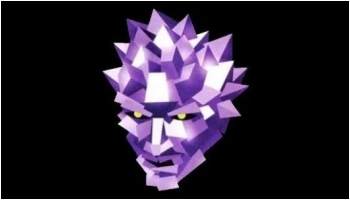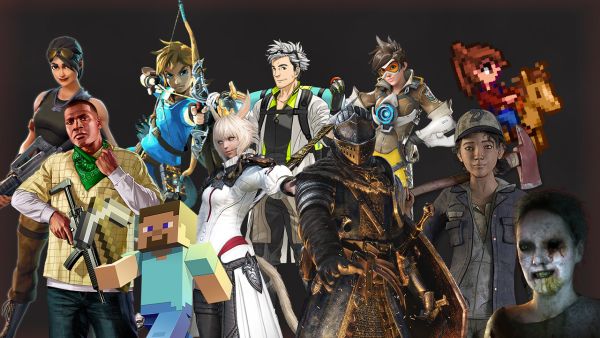 Just before the end of the year, the editors at GQ got together and published a look back at some of the “most important and best games” of the last decade. Here’s how they decided on which games to include:
Just before the end of the year, the editors at GQ got together and published a look back at some of the “most important and best games” of the last decade. Here’s how they decided on which games to include:
Some of the best games we’ve ever seen came out in the past decade, but the 2010s were also the most turbulent, transformative, and revealing years for video games. Game development costs skyrocketed to new, unsustainable heights. Some games became never-ending, always online, services that you pay for in subscriptions. As advancements were made in public health care, indie game development flourished, and then regressed accordingly as it was dismantled. Games also reached beyond what was previously thought possible, delivering beautifully detailed worlds, touching and intimate narratives, and shared cultural experiences unlike any others. Here, according to the GQ staff, are the most important and best games of the decade.
“The 17 Best Games That Shaped the Decade” zigzagged it’s way through many of the titles that reshaped the game industry over the last ten years, as well as two that originally launched in Early Access in the previous decade (Derek Yu’s Spelunky and Mojang’s Minecraft). But which other games made the cut?







 Roughly a month ago, a discussion about the distinctly American flavor that dominates most of the discourse around classic games broke out on Twitter. Some of the UK’s best-known game writers weighed in throughout the thread, and they all agreed that games that were popular in the US, but virtually unknown in UK, somehow managed to push out many would-be blockbusters that never made it across the Atlantic.
Roughly a month ago, a discussion about the distinctly American flavor that dominates most of the discourse around classic games broke out on Twitter. Some of the UK’s best-known game writers weighed in throughout the thread, and they all agreed that games that were popular in the US, but virtually unknown in UK, somehow managed to push out many would-be blockbusters that never made it across the Atlantic.









